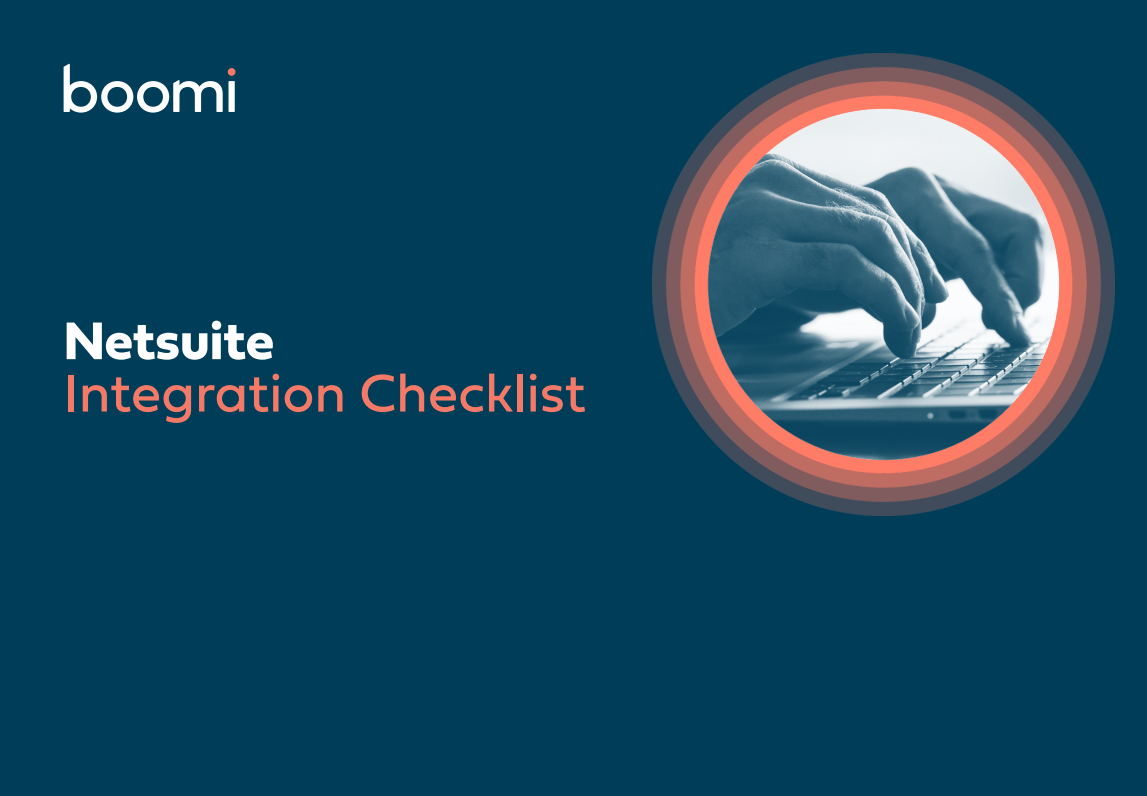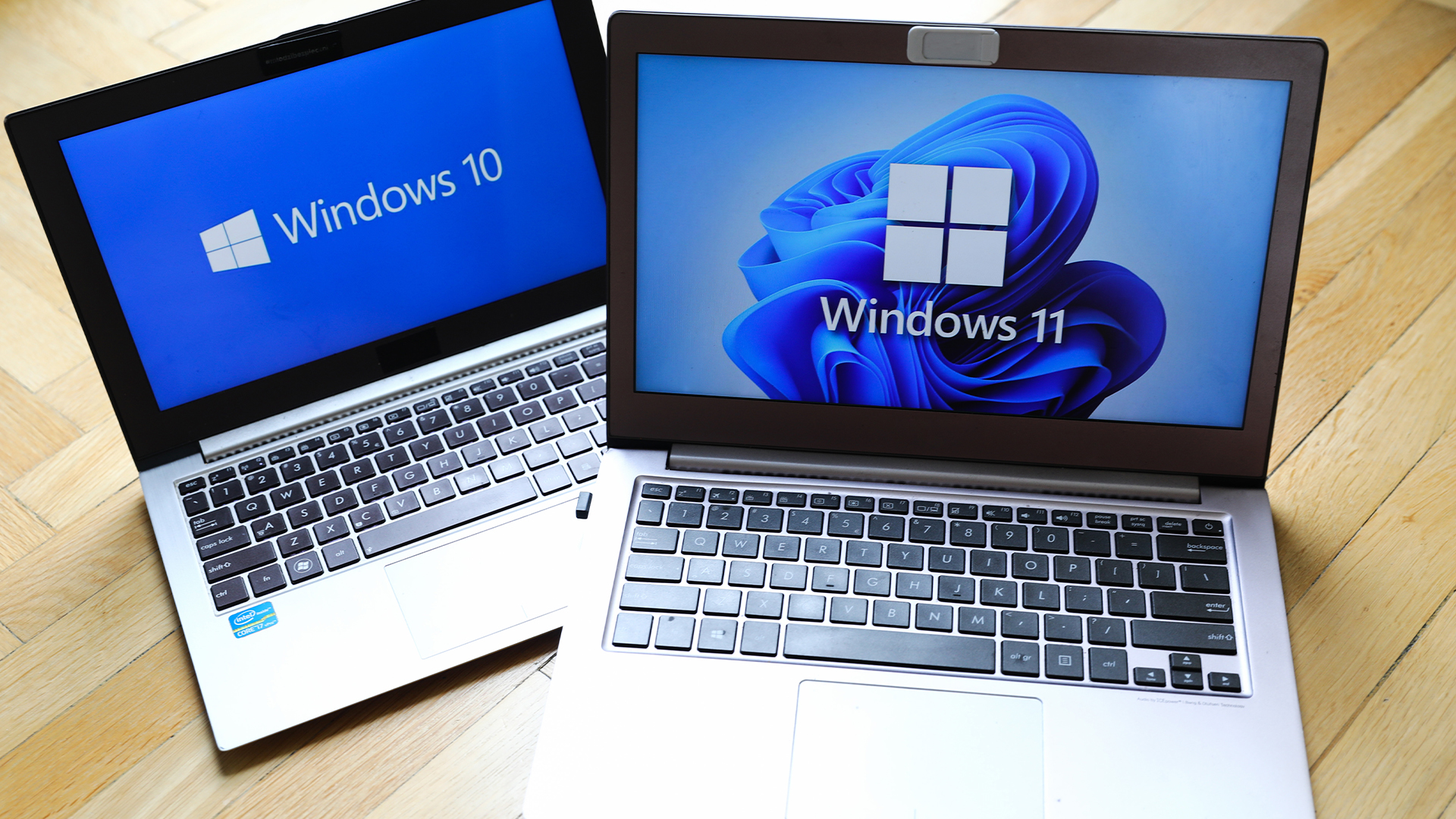Google adds new security vendor plugins for Chrome, improved Chrome OS policy controls for IT admins
New integrations across various security pillars aim to improve Chrome OS and Chrome browser security for enterprise customers


Sign up today and you will receive a free copy of our Future Focus 2025 report - the leading guidance on AI, cybersecurity and other IT challenges as per 700+ senior executives
You are now subscribed
Your newsletter sign-up was successful
Google Chrome Enterprise has announced a swathe of new features for the Chrome browser and Chrome OS to help IT teams deploy greater security controls across staff devices.
Leading the new announcements is an array of new integrations with popular cyber security vendors’ products allowing them to be used seamlessly in Chrome OS and in the Chrome browser.
RELATED RESOURCE

Bundled under the moniker of Chrome Enterprise Connectors Framework, four new integrations have been announced, with more currently in testing, across three key security pillars.
Netskope’s Security Cloud is one of the new integrations in the identity and access pillar, joining Okta Identity Engine’s policy support for Chrome OS, which was already available.
BlackBerry’s UEM and Samsung Knox are also both new, sitting in the endpoint management pillar, and will allow IT teams to better manage Chrome OS devices from one area.
VMware’s Workspace ONE will soon be updating its existing integration to the new Chrome Policy API and will be available in a testing programme soon.
Splunk’s Cloud Platform integration is the final new product available to IT teams to bolder their security insights and reporting. Google said it will provide insights into risky events in the workplace environment such as malware downloads and the re-use of vulnerable passwords.
Sign up today and you will receive a free copy of our Future Focus 2025 report - the leading guidance on AI, cybersecurity and other IT challenges as per 700+ senior executives
Palo Alto Netowrks and CrowdStrike integrations are also expected to join Splunk’s soon after, once they pass through the Chrome Enterprise Trusted Tester Programme.
Google has also introduced a new category for ‘security and trust’ that allows IT teams to search for other Google-validated integrations that strengthen security and assist companies in moving to a Zero Trust model.
New security improvements are coming directly to Chrome OS too, in the form of enhanced policy controls. IT admins will now be able to define rules for users actions in a way that helps prevent data leakage.
Such actions include copy and paste, screen capturing, and printing. Chrome OS will be able to trigger controls on actions that could lead to data leakage or data theft on endpoints.
The new features precede Chrome Enterprise Day on 8 June - a one-day event for IT teams interested in running Chrome OS more securely across their organisation.
The event will offer sessions for all types of Chrome users, from basic Chrome browser users to teams refreshing old hardware with Chrome OS Flex.

Connor Jones has been at the forefront of global cyber security news coverage for the past few years, breaking developments on major stories such as LockBit’s ransomware attack on Royal Mail International, and many others. He has also made sporadic appearances on the ITPro Podcast discussing topics from home desk setups all the way to hacking systems using prosthetic limbs. He has a master’s degree in Magazine Journalism from the University of Sheffield, and has previously written for the likes of Red Bull Esports and UNILAD tech during his career that started in 2015.
-
 Will a generative engine optimization manager be your next big hire?
Will a generative engine optimization manager be your next big hire?In-depth Generative AI is transforming online search and companies are recruiting to improve how they appear in chatbot answers
-
 European Commission clears Google’s Wiz acquisition, citing 'credible competition' from Amazon and Microsoft
European Commission clears Google’s Wiz acquisition, citing 'credible competition' from Amazon and MicrosoftNews Regulators said there are “several credible competitors” to Google regardless of the acquisition
-
 Windows 10 extended support costs could top $7 billion
Windows 10 extended support costs could top $7 billionNews Enterprises sticking with Windows 10 after the October deadline face huge costs
-
 Tiny11 review: Windows 11 with only 2GB of RAM
Tiny11 review: Windows 11 with only 2GB of RAMReview A version of Windows 11 for older machines that don't meet the full requirements
-
 Red Hat Enterprise Linux becomes foundational operating system for Cohesity Data Cloud
Red Hat Enterprise Linux becomes foundational operating system for Cohesity Data CloudNews New strategic partnership between Red Hat and Cohesity aims to drive innovation in the data security and management space
-
 Ubuntu shifts to four-week update cycle
Ubuntu shifts to four-week update cycleNews Critical fixes will also come every two weeks, mitigating the issues involved with releasing prompt patches on the old three-week cadence
-
 AlmaLinux follows Oracle in ditching RHEL compatibility
AlmaLinux follows Oracle in ditching RHEL compatibilityNews Application binary compatibility is now the aim with 1:1 now dropped
-
 How big is the Windows 10 cliff-edge?
How big is the Windows 10 cliff-edge?ITPro Network With some comparing the upcoming Windows 10 end of life to Windows XP, we ask members of the ITPro Network for their insight
-
 Everything you need to know about the latest Windows 11 updates - from bug fixes to brand-new features
Everything you need to know about the latest Windows 11 updates - from bug fixes to brand-new featuresNews Two new cumulative updates are on the way and will be installed automatically on Windows 10 and Windows 11 machines
-
 How to download a Windows 11 ISO file and perform a clean install
How to download a Windows 11 ISO file and perform a clean installTutorial Use a Windows 11 ISO to install the operating system afresh